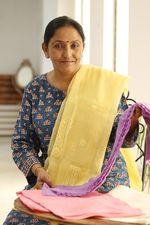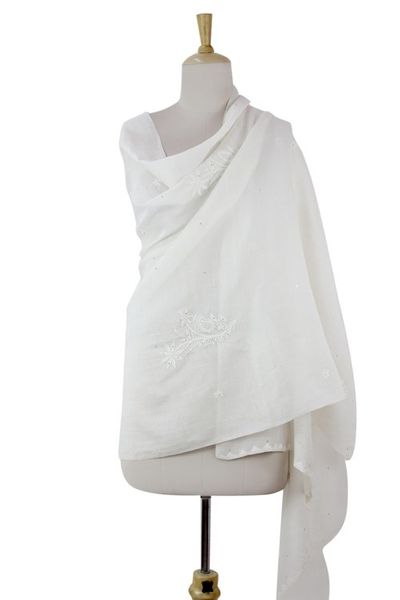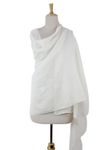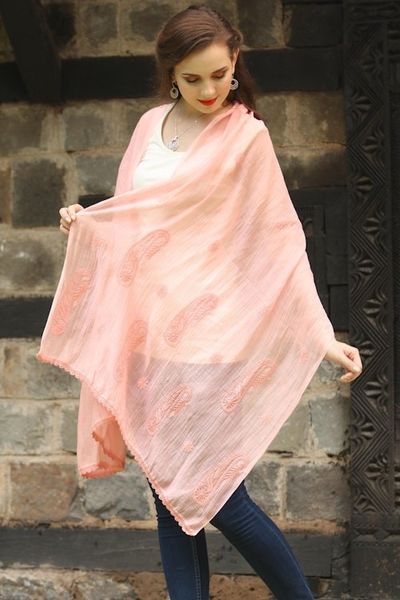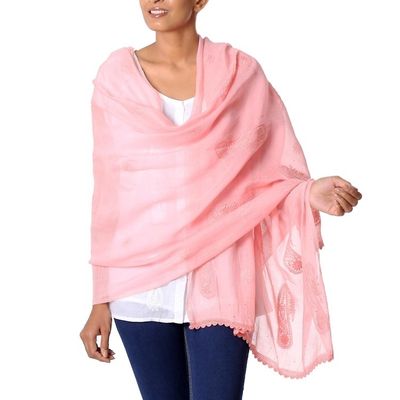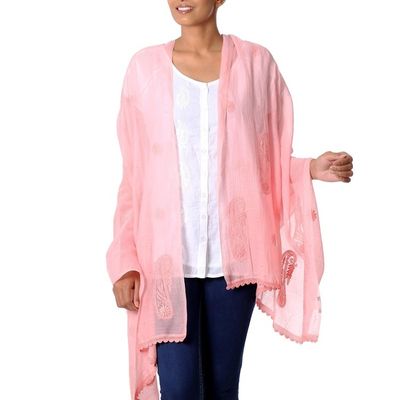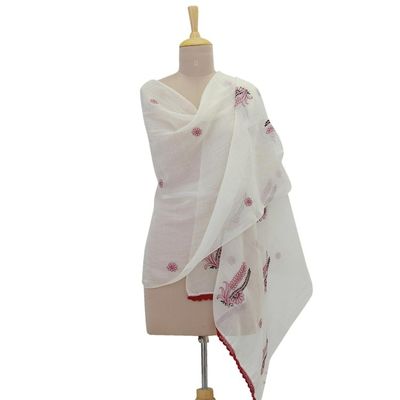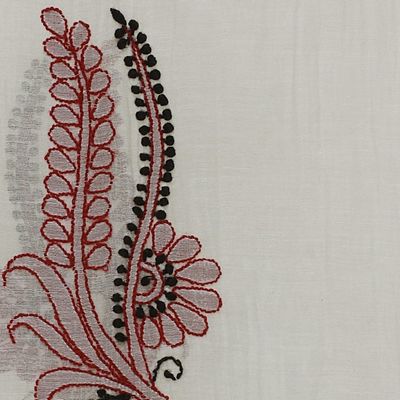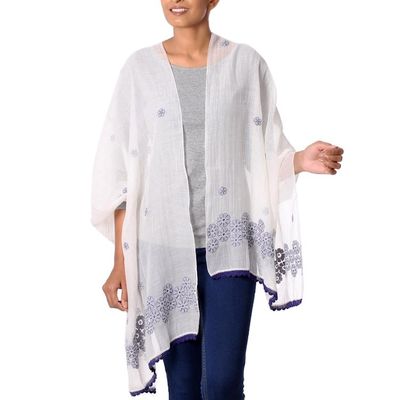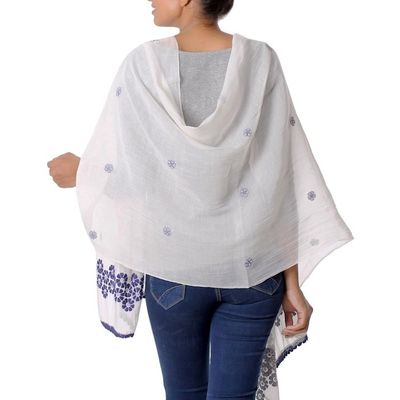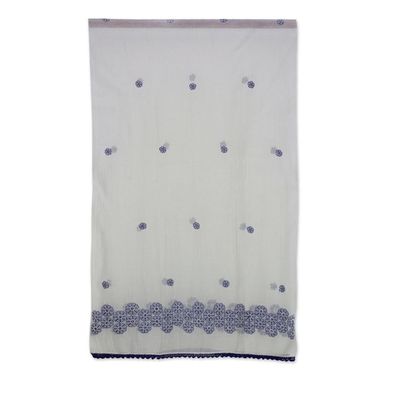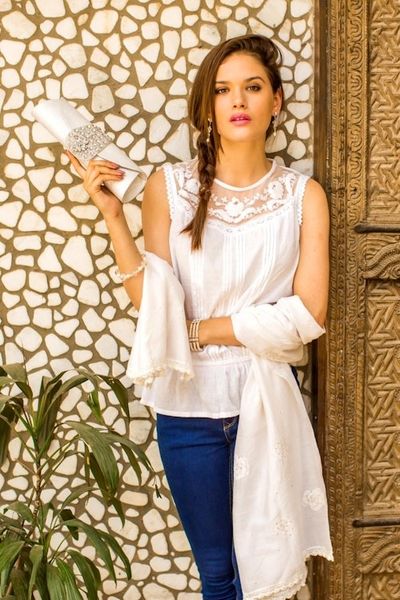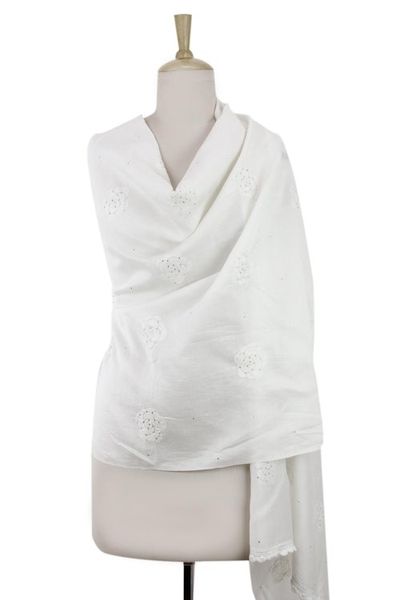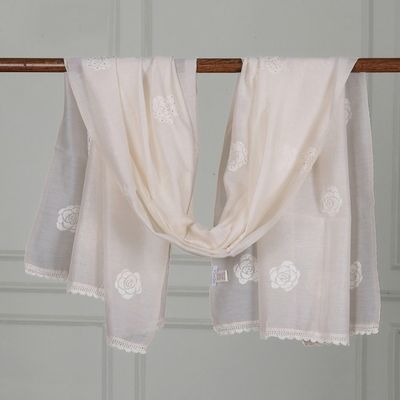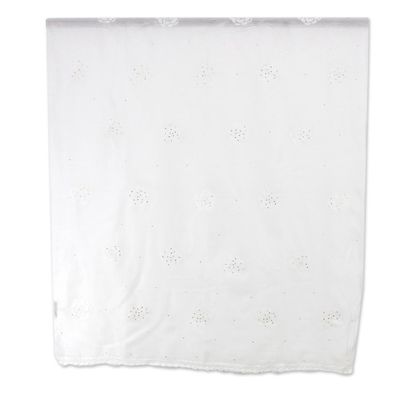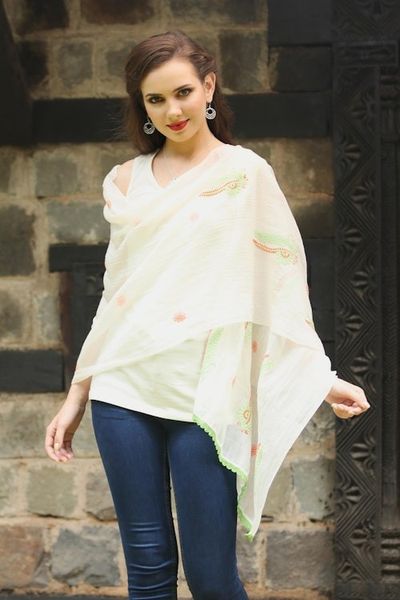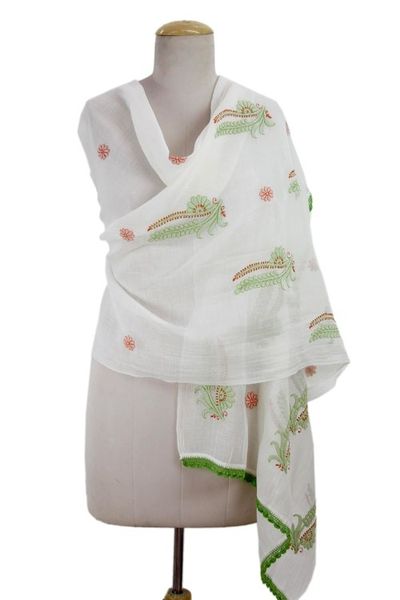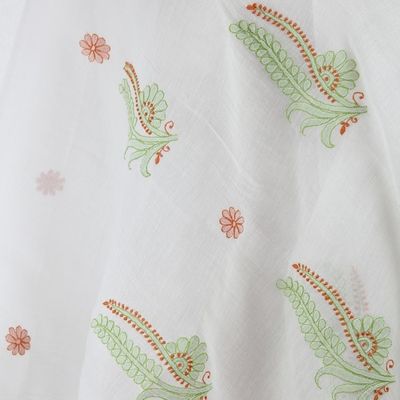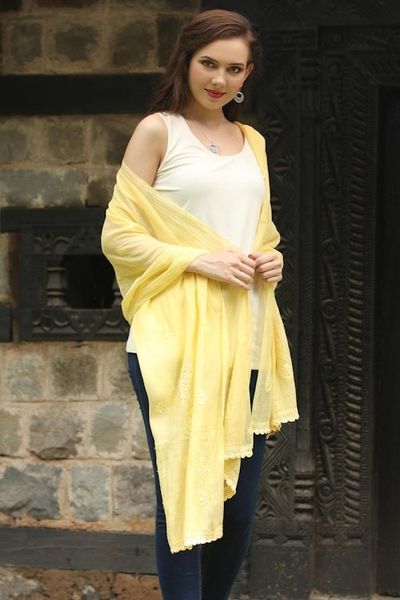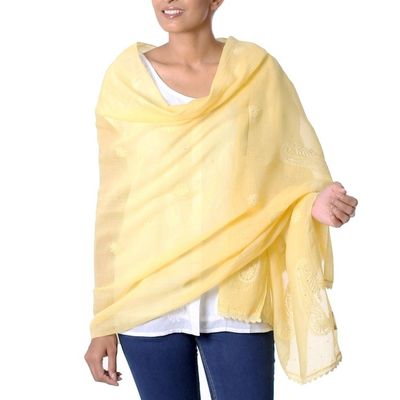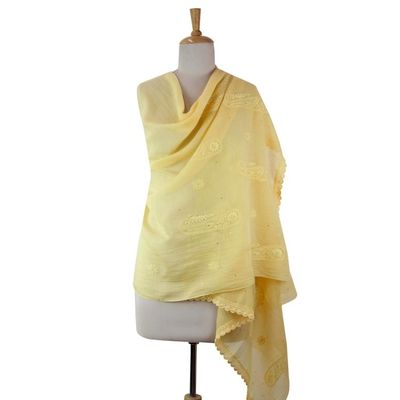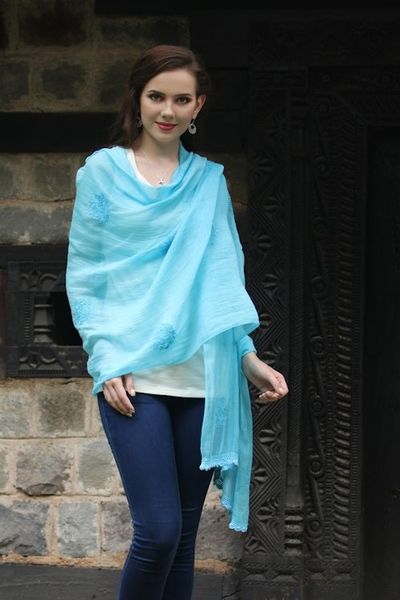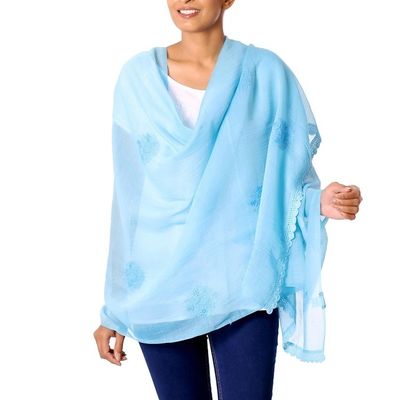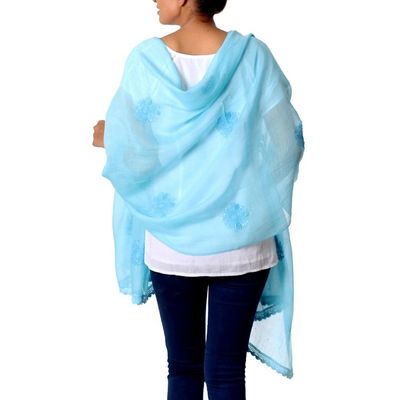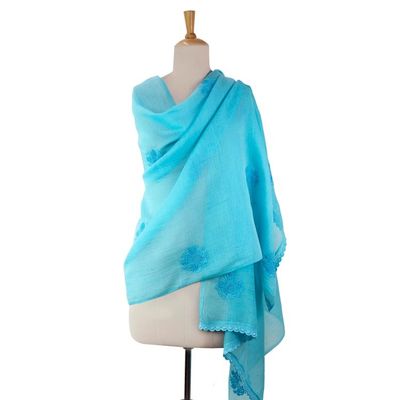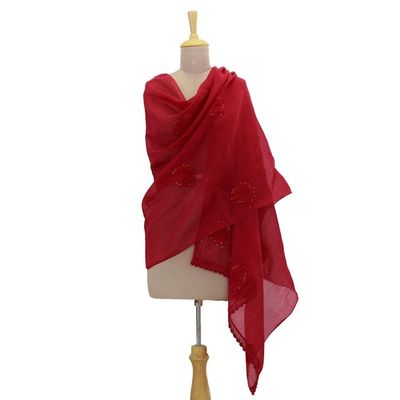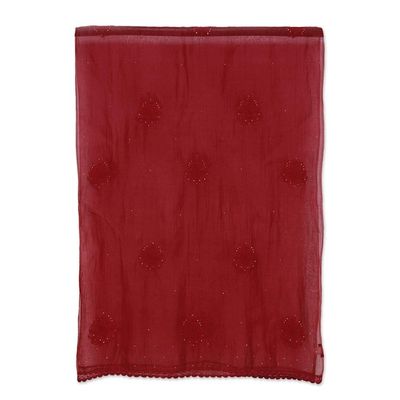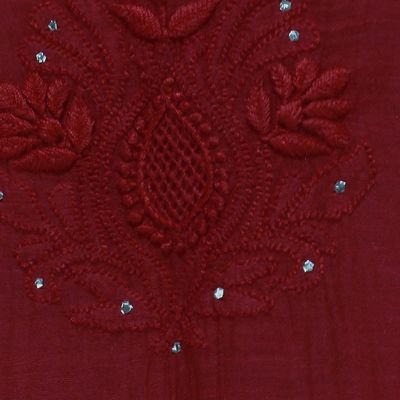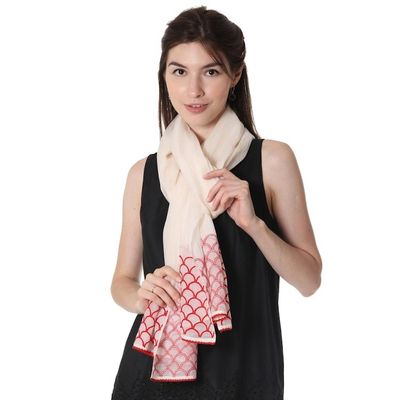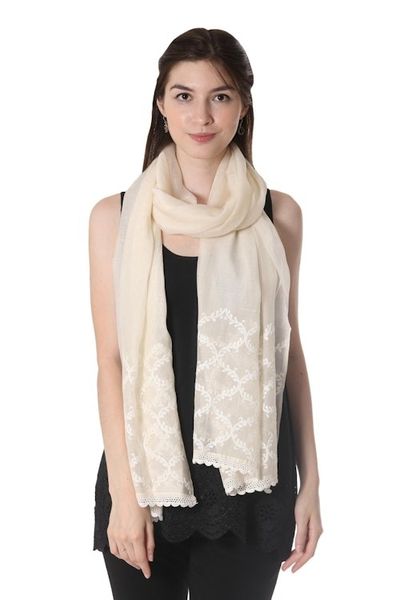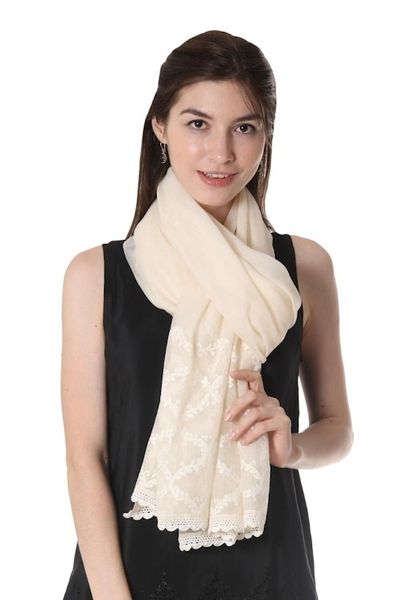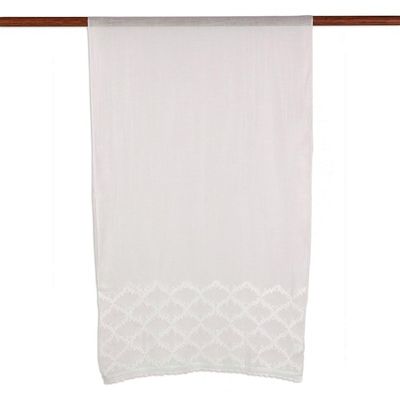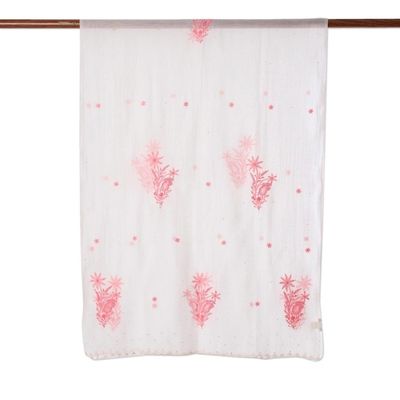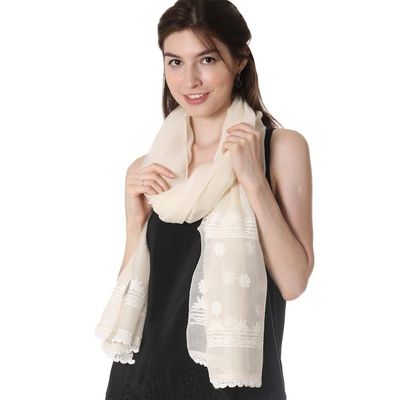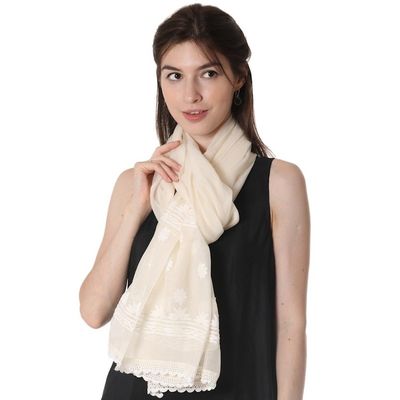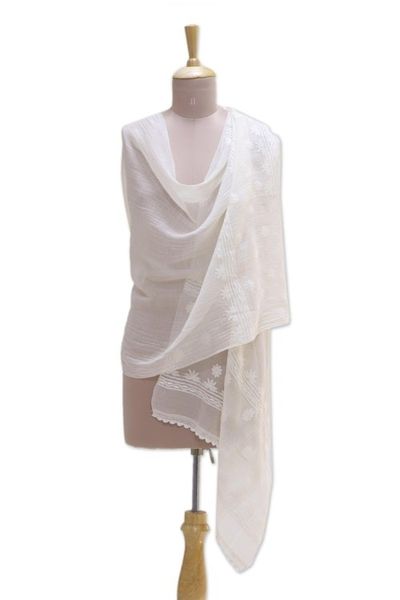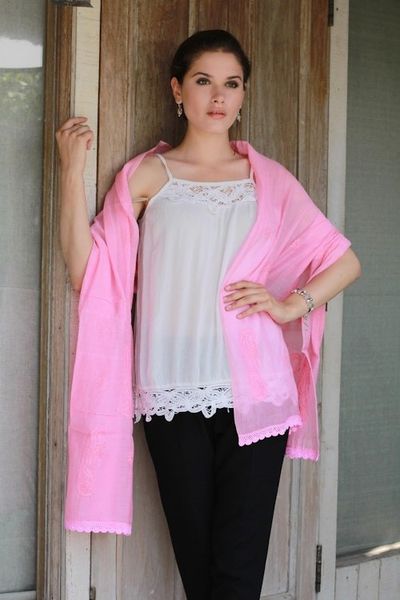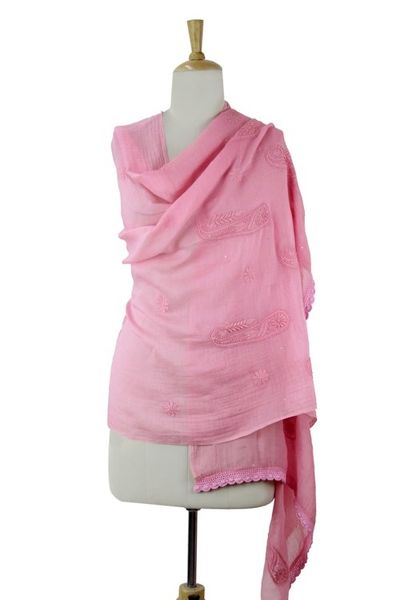Facilitated by
India Fulfillment Hub
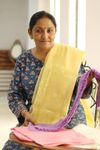
Uma Tripathi
"The city's design was heavily influenced by several emperors and incorporates significant imperial areas that have earned Lucknow the title 'City of Nawabs.' It is also known as the Golden City of India, Shiraz-i-Hind and the Constantinople of the East. Lucknow's society is famous for its etiquette and traditions that attain a rare degree of sophistication. Be it the cultural charm or the monumental beauty, all are well conserved here to make this 'the city of many splendors.' Lucknow's culture, traditions and crafts have always been a part of us and returning there was a welcome change.
"My interest in design dates way back to my school days. In high school, I opted for home science where we did a lot of artwork like embroidery and other crafts. I was pretty good at it. I always liked designing.
"Living here has given me the opportunity to explore the majestic embroidery work known as chikankari, which symbolizes Lucknow's heritage and culture. Mastering this craft wasn't easy. I learned by going to different villages and later on I improvised on it by merging traditional designs with modern ones. My learning experience brought me in contact with different artisans and their special techniques, and I am now skilled to impart this traditional knowledge to others.
"Along with my brother, I started working with a handful of women artisans. My brother is my driving force — he takes care of the administrative tasks. It was a very humble start, but slowly our effort expanded until today we have 45 full time workers collaborating with us and more than 150 women artisans from the nearby villages, whom we hire as our work demands. Starting was a big challenge at first but later, when things began to fall into place, it became a most worthwhile experience.
"I want to expand my workshop. I want to create a workplace that allows women to stand on their own feet without compromising their duties toward their families. I want to work on women's empowerment.
"I get my inspiration from the hard work, dedication and expertise of different artisans and also from my surroundings. So far, we have given jobs to talented women and it gives me great satisfaction to see that I am able to help them, especially those who can easily work from home."

Uma Tripathi
"I was born and brought up in Bhilainagar, in Bihar, before receiving a degree in law from Lucknow University. Lucknow was my familys hometown but they shifted to Bhilainagar because of my fathers job. When we lost him in the mid 1990s, we decided to move back to Lucknow.
"The citys design was heavily influenced by several emperors and incorporates significant imperial areas that have earned Lucknow the title City of Nawabs. It is also known as the Golden City of India, Shiraz-i-Hind and the Constantinople of the East. Lucknows society is famous for its etiquette and traditions that attain a rare degree of sophistication. Be it the cultural charm or the monumental beauty, all are well conserved here to make this the city of many splendors. Lucknows culture, traditions and crafts have always been a part of us and returning there was a welcome change.
"My interest in design dates way back to my school days. In high school, I opted for home science where we did a lot of artwork like embroidery and other crafts. I was pretty good at it. I always liked designing.
"Living here has given me the opportunity to explore the majestic embroidery work known as chikankari, which symbolizes Lucknows heritage and culture. Mastering this craft wasnt easy. I learned by going to different villages and later on I improvised on it by merging traditional designs with modern ones. My learning experience brought me in contact with different artisans and their special techniques, and I am now skilled to impart this traditional knowledge to others.
"Along with my brother, I started working with a handful of women artisans. My brother is my driving force — he takes care of the administrative tasks. It was a very humble start, but slowly our effort expanded until today we have 45 full time workers collaborating with us and more than 150 women artisans from the nearby villages, whom we hire as our work demands. Starting was a big challenge at first but later, when things began to fall into place, it became a most worthwhile experience.
"I want to expand my workshop. I want to create a workplace that allows women to stand on their own feet without compromising their duties toward their families. I want to work on womens empowerment.
"I get my inspiration from the hard work, dedication and expertise of different artisans and also from my surroundings. So far, we have given jobs to talented women and it gives me great satisfaction to see that I am able to help them, especially those who can easily work from home."
